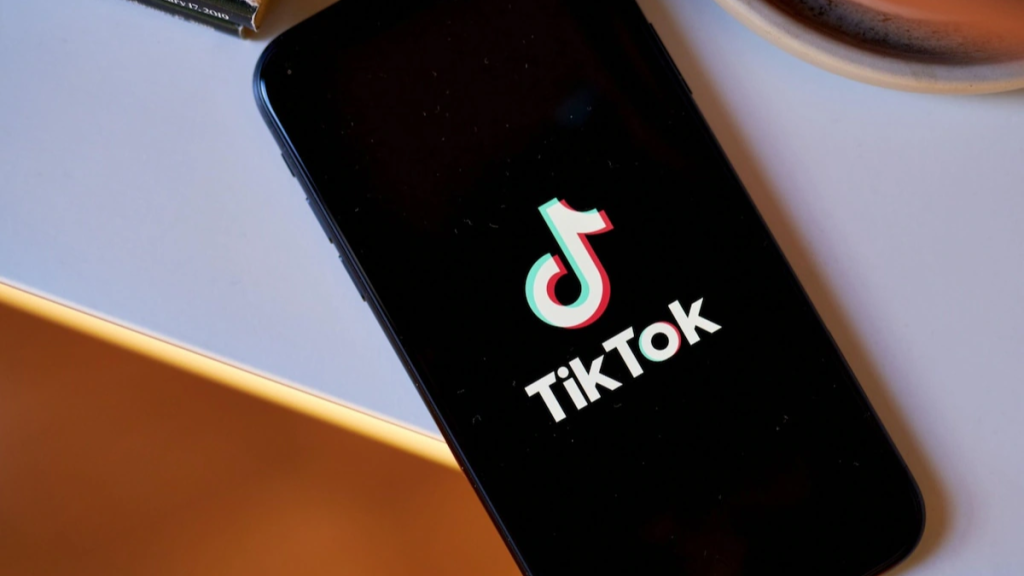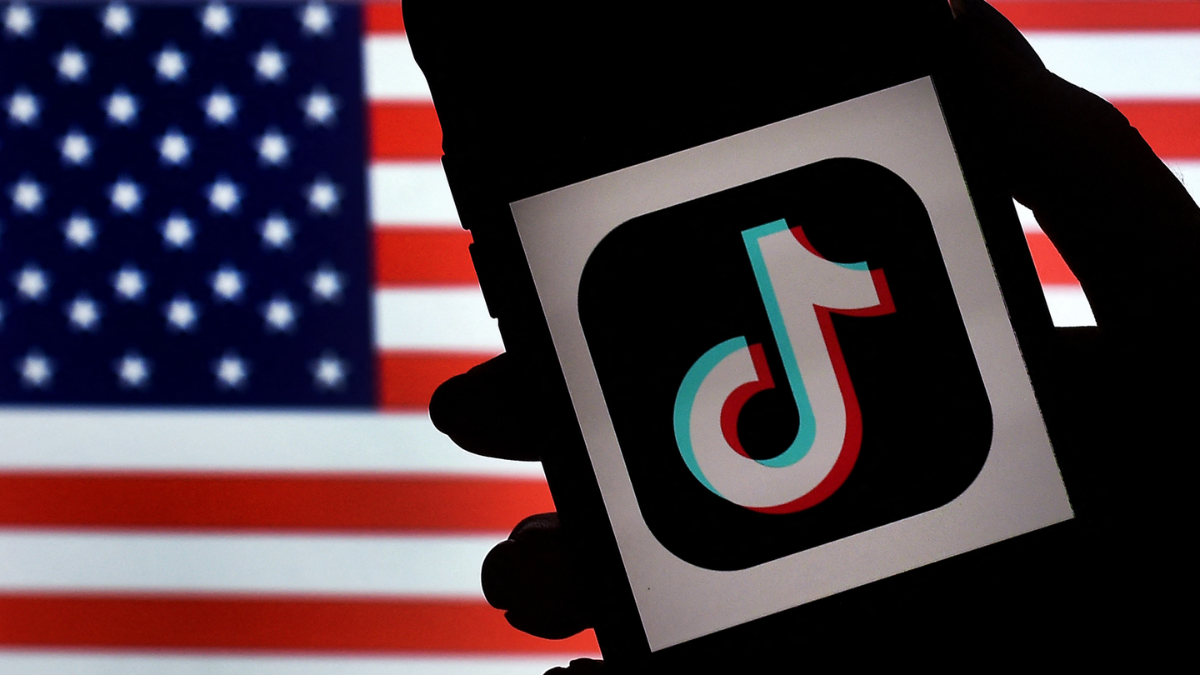As the global trade war intensifies, a surprising counter-narrative is emerging on Chinese social media: instead of shunning American goods due to rising tariffs, many Chinese TikTok (Douyin) users are mocking the tariffs and encouraging their followers to buy directly from U.S. brands like Nike and Adidas.
The trend has gained traction on Douyin, China’s version of TikTok, where influencers are creating videos that satirize the effectiveness of tariffs and government restrictions.
In these clips, creators recommend that viewers sidestep intermediaries and local distributors by purchasing American brands through direct channels or using overseas shopping agents, known in China as “daigou.”
Rather than diminishing the popularity of U.S. goods, the tariff measures appear to be fueling curiosity and demand, especially for high-end or trendy items perceived as symbols of status or individuality.
Viral Videos Push Back Against Government’s Tariff Strategy
In one viral Douyin video, a Chinese influencer humorously pretends to “smuggle” a pair of Nike sneakers in a rice bag, joking that “tariffs can’t stop style.” Another popular post includes a tutorial on how to use freight forwarding services to order products directly from U.S. stores while bypassing local markups and duties.
This growing trend suggests a disconnect between official trade policy and consumer behavior. While tariffs are intended to reduce dependence on foreign goods and strengthen domestic industries, many young Chinese consumers remain loyal to international brands, viewing them as culturally aspirational or technologically superior.
Influencers are playing a major role in amplifying this message. With short-form content that blends humor and practical tips, they’ve normalized the idea of buying American goods despite rising costs.
As reported by South China Morning Post, analysts are noting that this grassroots consumer resistance to tariffs reveals cracks in the narrative that higher prices will naturally shift demand to domestic alternatives.
Direct Purchasing: A Growing Global Phenomenon
The phenomenon of consumers bypassing traditional retail channels to buy directly from international brands isn’t limited to China.
Across Asia and other regions affected by rising tariffs or inflation, consumers are increasingly using e-commerce platforms, third-party shopping agents, and direct-from-brand shipping options to gain access to products at competitive prices.
In China, platforms like Tmall Global, JD Worldwide, and cross-border e-commerce apps have made it easier than ever for consumers to purchase overseas goods.
The popularity of “sea amoy” (overseas shopping) is now deeply embedded in Chinese digital culture, especially among younger generations who are less influenced by nationalistic consumer campaigns.
The recent TikTok trend simply underscores how digitally savvy consumers are undermining trade restrictions in real time, often with comedic flair.

Mixed Reactions from Chinese Authorities and State Media
While the government has not directly addressed the TikTok trend, state-run media outlets have criticized the promotion of American brands during a time of rising geopolitical tension. One op-ed from the nationalist outlet Global Times warned that “blindly worshiping Western consumerism only weakens national resolve.”
However, efforts to suppress or censor these videos have been largely ineffective, as new content continues to go viral daily. Influencers have found creative ways to bypass algorithmic detection, such as using code words for popular brands or incorporating them into skits and comedy sketches.
This highlights the challenge authorities face in controlling online sentiment, especially when it runs counter to official messaging. With TikTok users embracing sarcasm and creativity, mockery has become a powerful tool of subtle dissent.
Global Brands Still Thrive in the Face of Trade Tensions
Despite tariff increases and growing pressure to buy domestic, brands like Nike, Adidas, and Apple continue to maintain strong customer bases in China. Nike, in particular, has remained popular among China’s urban youth, often symbolizing global fashion and athleticism.
In fact, Nike’s direct-to-consumer (DTC) strategy has enabled it to weather trade disruptions more effectively than competitors. By investing in digital platforms and localized marketing, the company has deepened its engagement with Chinese consumers, many of whom now associate Nike with authenticity and innovation.
This situation exemplifies how cultural capital can sometimes outweigh economic barriers. Even amid strained U.S.-China relations, global brands with strong emotional or lifestyle appeal maintain resilience in key markets.
Final Thoughts: The Tariff War vs. the Meme War
What’s unfolding on Chinese TikTok is more than just a funny online trend—it’s a reminder that consumer behavior doesn’t always align with political objectives. While governments impose tariffs to discourage international purchases, consumers—especially digital natives—are often one step ahead, finding ways to continue getting what they want.
For now, it appears that young Chinese consumers are winning the meme war, poking fun at policy decisions and redefining cross-border commerce on their own terms. With viral videos, clever hacks, and a desire for global brands, these users are flipping the script on what a trade war means in a hyper-connected world.
As tensions continue to rise between the U.S. and China, it remains to be seen whether economic policy can effectively keep up with the decentralized, fast-moving power of digital culture.
Disclaimer – Our team has carefully fact-checked this article to make sure it’s accurate and free from any misinformation. We’re dedicated to keeping our content honest and reliable for our readers.
